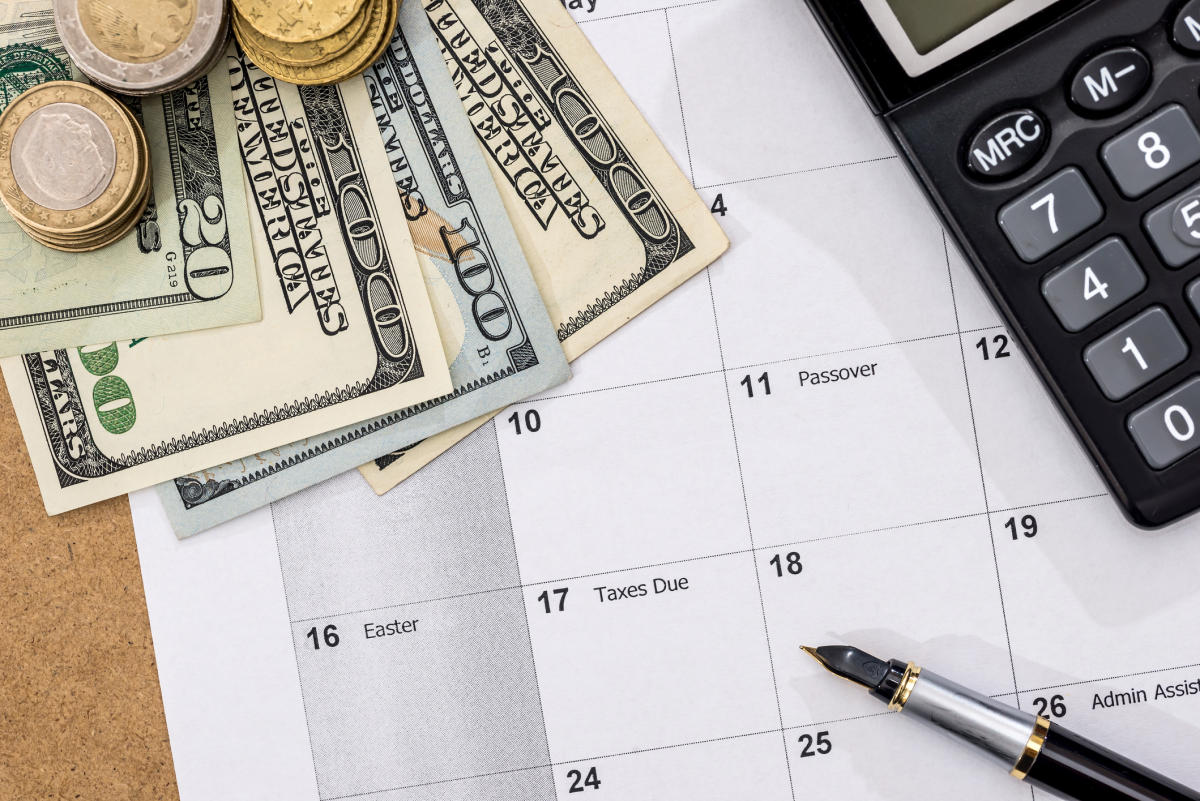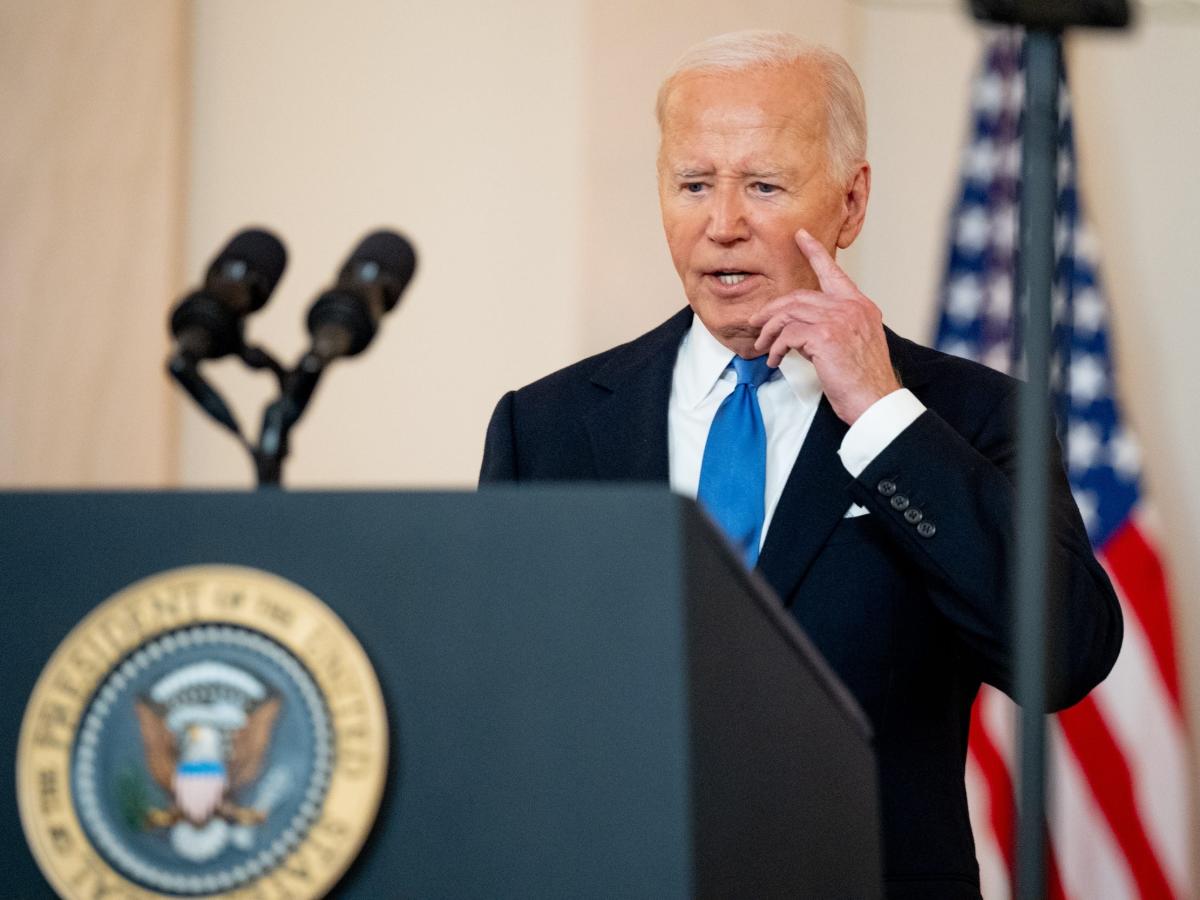The Supreme Court ruled Monday that former President Donald Trump is entitled to some presidential immunity from criminal prosecution in the federal election interference case against him.
In a long-awaited 6-3 decision in Trump v. United States, the justices decided that Trump does not have the broad presidential immunity he claims, but that he does enjoy protection for official acts. The court concluded that Trump does not have immunity for unofficial or private acts committed while in office. The biggest question that needs to be answered now is what exactly constitutes official and unofficial actions. So the justices sent the case back to the lower courts to sort it out.
Trump praised the Supreme Court’s decision on his Truth Social platform, saying, “Great victory for our Constitution and democracy. Proud to be American!”
Read the Supreme Court ruling here:
🧑⚖️ What the judges said
Chief Justice John Roberts wrote the majority opinion, with the other five conservative justices concurring. Liberal justices Sonia SotomayorElena Kagan and Ketanji Brown Jackson disagreed.
“The President does not enjoy immunity for his unofficial acts, and not everything the President does is official,” Roberts wrote. “The President is not above the law. But under our system of separated powers, the President may not be sued for exercising his core constitutional powers, and he is entitled to at least presumptive immunity from prosecution for his official acts.”
Roberts also wrote that the court will have to determine which aspects of Trump’s alleged conduct, for which he has been charged in the federal election subversion case, are immune from prosecution.
“We accordingly refer to the District Court to determine initially — with the benefit of briefing which we do not have — whether Trump’s conduct in this regard qualifies as official or unofficial,” Roberts wrote.
The chief justice also made clear that lower courts cannot consider Trump’s motives when determining the difference between official and unofficial actions during his time in office.
“Such an investigation would risk exposing even the most obvious cases of official conduct to judicial scrutiny based on the mere accusation of an improper purpose, thereby infringing on the interests of Article II which seeks to protect immunity,” Roberts wrote.
Moreover, anything the lower court considers an official act while Trump was in office cannot be used as evidence against the former president at trial.
“Presidents cannot be indicted based on conduct for which they are immune from prosecution. Upon remand, the district court must carefully analyze the remaining allegations in the indictment to determine whether they include conduct for which a president should be immune from prosecution,” Roberts wrote.
👑 A scathing dissent claims a president is now ‘King Above the Law’
Sotomayor issued a scathing dissent expressing her concern about the abuse of power by an American president. “Does the Navy Seal Team 6 order the assassination of a political rival? Immune. Does he orchestrate a military coup to retain power? Immune. Does he accept bribes for a pardon? Immune. Immune, immune, immune,” Sotomayor wrote.
“Let the President break the law, let him exploit the trappings of his office for personal gain, let him use his official power for evil purposes. Because if he knew that he might one day be held accountable for breaking the law, he might not be as bold and fearless as we would like him to be. That is the message of the majority today.”
Sotomayor added: “The relationship between the president and the people he serves has been irrevocably changed. In every use of official power, the president is now a king above the law.”
🔎 What the pronunciation means
Overall, this is a strategic victory for Trump. Special Prosecutor Jack Smith’s January 6 criminal case against Trump will be postponed as the case has been remanded to the judge, Tanya Chutkan. She must apply these new definitions of immunity to assess whether Trump’s trial in Washington, DC can proceed.
This will likely delay the trial until after the 2024 election. If Trump wins the election, he could, as president, either pardon himself in this federal case, or appoint an attorney general who would drop the case against him.
🗣️ Reactions to the decision
A senior campaign official for President Biden said in response to the Supreme Court ruling, in part: “Today’s ruling does not change the facts, so let’s be very clear about what happened on January 6th: Donald Trump snapped after he lost the 2020 election and encouraged a mob to overturn the results of a free and fair election.”
Close allies of Trump — and his vice presidential candidates — celebrated Monday’s decision, viewing it as a victory for the former president.
Congresswoman Elise Stefanik called it one while Senator JD Vance called it a “huge victory” for Trump .
⬅️ How we got here
Trump has asked the Supreme Court to rule on whether he can claim presidential immunity in special counsel Jack Smith’s federal election subversion case for his alleged role in efforts to overturn the 2020 election. Smith’s August 2023 complaint against Trump covers both official and private acts by the former president.
Trump has pleaded not guilty to the four felony charges against him and has sought to have the charges dropped. He argued that he was immune from criminal prosecution because the actions he took were within the scope of his official acts as president, not private acts.
Meanwhile, Smith asked the Supreme Court to reject Trump’s claims of comprehensive presidential immunity. The special counsel argued that Trump’s alleged actions on January 6 merit criminal charges because they were carried out for personal gain as a candidate to benefit his presidential campaign, rather than a president taking action for the country. “The effective functioning of the presidency does not require that a former president be immune from accountability for these alleged violations of federal criminal law,” .
Smith had urged the court to prevent the former president from delaying a trial until after the November election.






